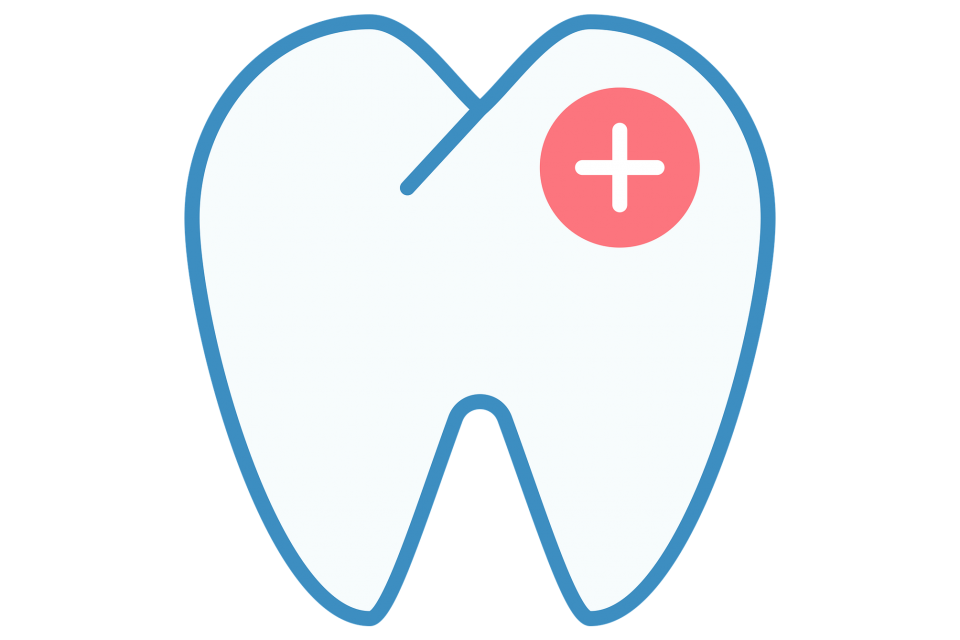As you can imagine, most dental offices are bombarded daily with questions about dental insurance. “Do you take my plan? How much is covered? Why is dental insurance coverage so bad?” These are just a few of the questions we hear daily. So, why is dental insurance the way it is?
Dental insurance was first offered back in the early 1970’s. Back then, the first insurance companies offered a yearly maximum benefit level of $1000 per year per patient. In 2019, those insurance companies, and many others, offer an average yearly benefit of $1000 per year. Yes, you read that correctly; it has not changed. However, back in the 70’s you could have gotten a lot more dentistry than you can today for that same $1000. Why hasn’t it changed?
There are many answers to this question. The bottom line is that raising the dental insurance limits would be extremely unprofitable for insurance companies. Here are some reasons why.
First is the “use” factor. Many patients who have dental insurance use their insurance right up to that yearly maximum. This is generally not the case with other types of insurance. In fact, the entire dental insurance model is based on a certain percentage of those insured not using their benefits at all. If the yearly benefit was higher, the premiums would need to be much higher for the insurance companies to make a profit. This would destroy the model and there would be many fewer patients signing up for those plans.
The second reason is pre-existing conditions. Many dental problems are often ignored for years and patients will often wait until they have “insurance” to take care of their problems. This is why many insurance companies have a “wait period” for certain dental procedures. When that patient finally has dental coverage and the dentist tells them they need three root canals and three crowns they are shocked to hear that their insurance will only cover a small percentage of the treatment. There is no dental insurance available to cover situations like this because it would be extremely unprofitable for the insurance companies.
Next is the fact that dental problems are much more common than many other health problems. This goes back to my first point – the “use” factor. Look at how expensive medical insurance is. For many people, they may go for routine check-ups to their doctor, but a much lower percentage of patients use their insurance for more costly procedures. However, we all need the health insurance in case of that catastrophic event that would otherwise bankrupt us. For dental insurance companies to remain profitable they have to charge a high enough rate to offset the “people using it” factor, but also a rate low enough for it to be “worth it” for the typical consumer.
So, in reality, we are all sort of stuck with the way it is. To provide “full coverage” for dentistry, insurance companies would have to charge more for premiums than most people would deem worth spending. This situation is unfortunate but there is no end in sight to combat this.
Next week I will expand on this with a discussion of the difference between the different kinds of dental insurance available: those you can go to whoever you want and those where you may be asked to pick a dentist from a list.
Dr. St. Clair maintains a private dental practice in Rowley and Newburyport dedicated to health-centered family dentistry. He has a special interest in treating snoring, sleep apnea and TMJ problems. If there are certain topics you would like to see written about or questions you have, please email them to him at jpstclair@stclairdmd.com




